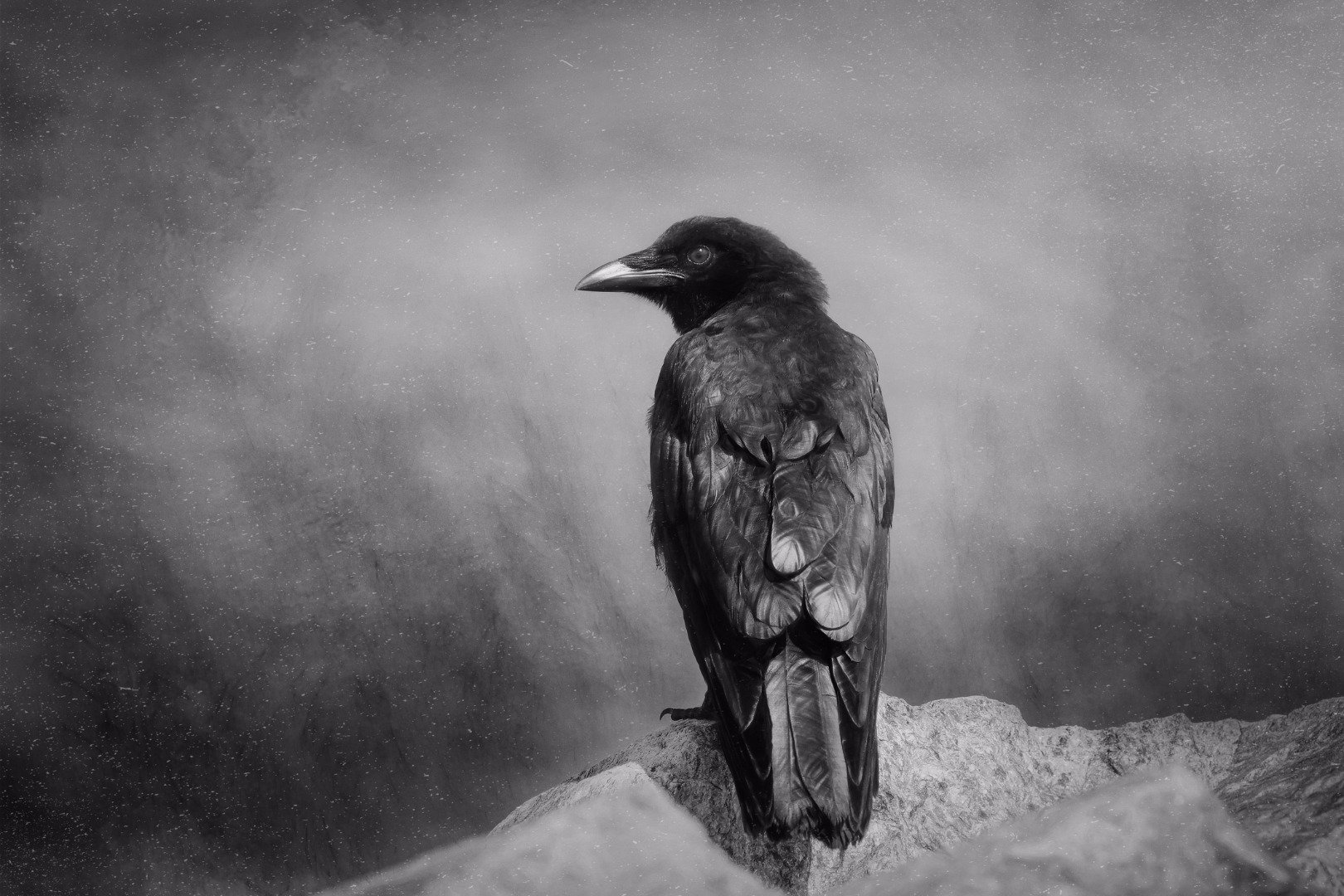
Introduction
I hope you all had a fantastic New Year celebration last night and that 2017 will be a brighter year for you.
One of the things I have particularly enjoyed on Steemit is the great poetry people have been sharing.
The magic of poetry and how I missed it first time around
I never really appreciated poetry very much when I was younger (particularly at school).
I never really understood it.
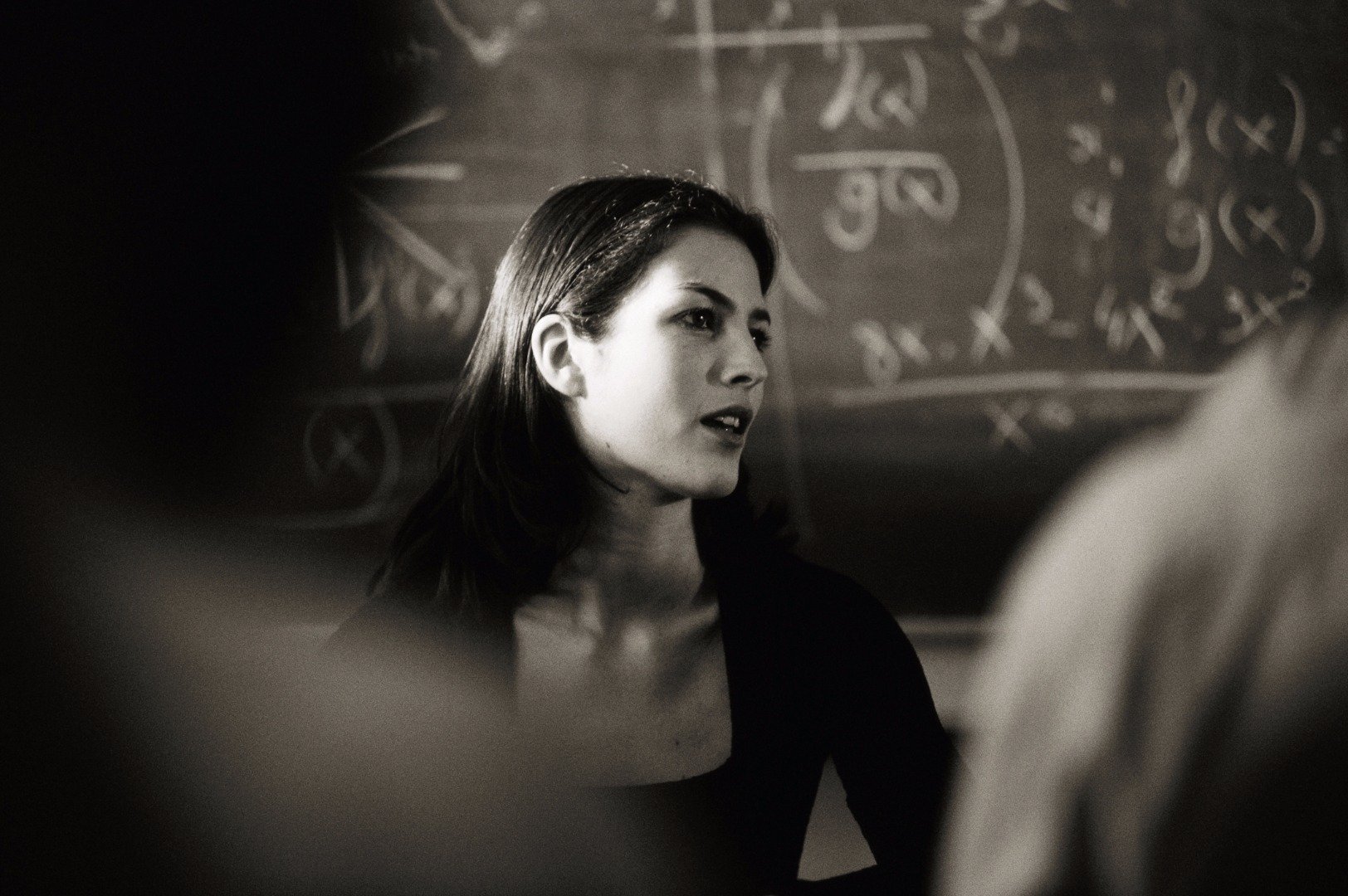
"What is the point?" - I would often find myself thinking.
As I have gotten older I have found a new appreciation for it though.
I feel that poetry, like music and songs speaks to us in a different way to normal prose.
When formatted as poetry the language seems to bypass some of the filters and preconceptions that we have in our rational "21st century" minds.
This gives it a particular power to really touch us and resonate with us.
The time needs to be right

I think sometimes the time at which we are taught things and made to study them does have a tendency to put us off.
Studying Shakespeare at school in a sense blinded me to the genius of that work and I think studying famous poets had a similar effect.
I don't necessarily think it was because of the manner of study or teaching.
I feel it is more a case of trying to force something into a young mind that is not ready for it.
Some are and many of my friends loved it. I simply wasn't (ready) at the time.
We all develop at different rates and that applies not just to our physical development but also our mental development.
What do you think? I would love to hear other people's experiences of poetry.
Do you think being forced to study poetry at school "coloured" your perception of it? Have you found a new appreciation for it after leaving school?
Anyway, in view of this, I would like to share some thoughts of one of my favourite poems.
As it is now public domain I have also shared the full text at the end for you to enjoy:
The Raven and I
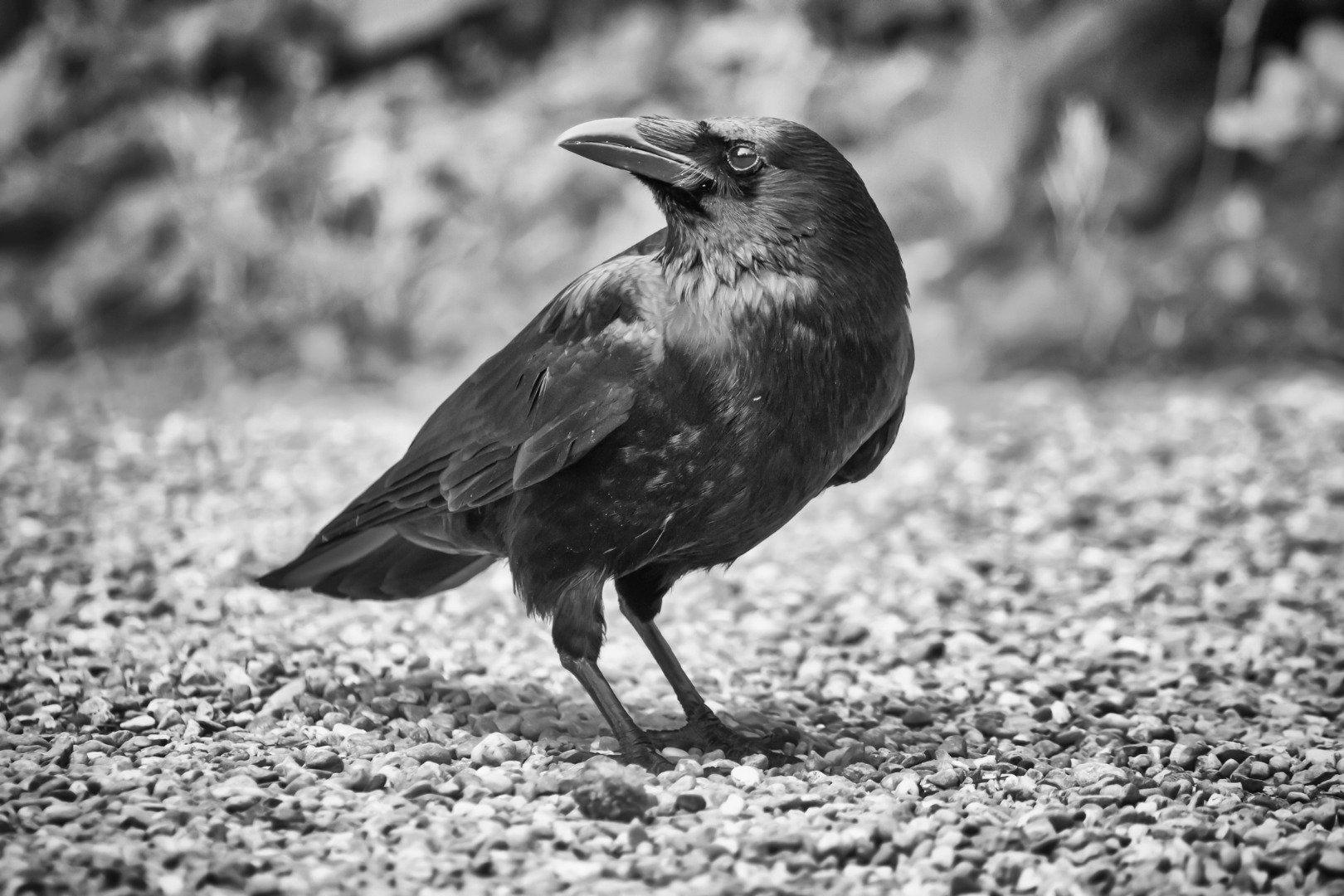
I first came across Edgar Allen Poe's classic poem "The Raven" in an episode of the Simpsons.
I believe it is in the first Halloween "Tree House of Horror" episode from 1990 where Lisa reads the poem to Bart as one of the vignettes.
Although I didn't appreciate it at the time it is actually a beautiful version of the poem voiced by the great James Earl Jones (Darth Vader himself).
It features Homer as the narrator and Bart as the titular raven.
I have been unable to find a clip that includes Bart's comment after the story but I seem to remember him saying something to the effect that it wasn't very frightening.
Lisa suggests that people were perhaps easier to scare in the 1800s.
When I first saw that episode that is what I thought too.
I no longer believe that is accurate because I missed the real meaning of the poem.
The real meaning of "The Raven"
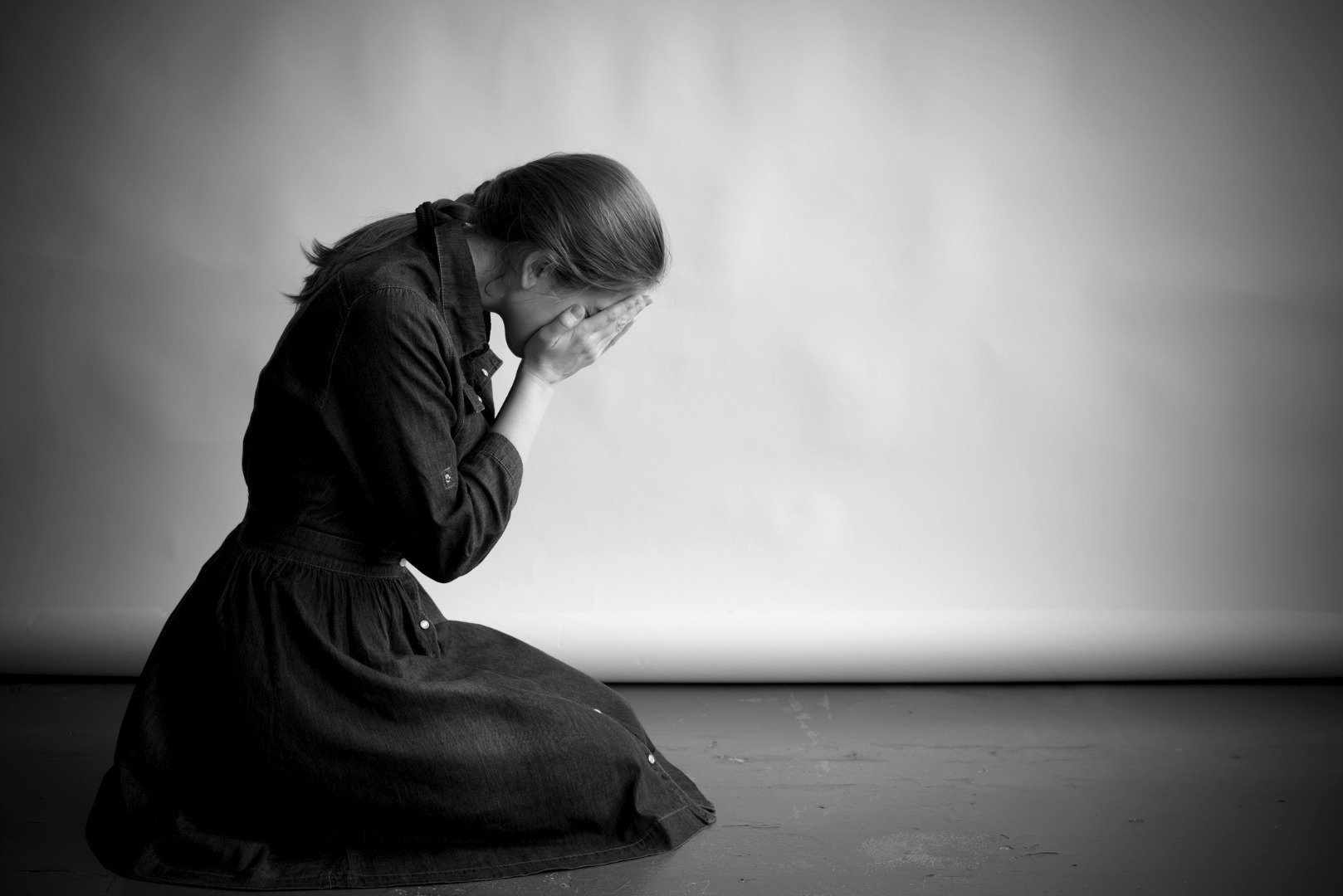
This poem is not meant to scare or chill in the manner of a traditional ghost story.
The poem is about concepts that were all too common in the time that Poe lived:
It is a poem about death, grief and loss.
The narrator has lost his love "Lenore" and it is clear that he is longing to be reunited with her.
It is inferred throughout that he is unable to move on from his grief and that his thoughts of Lenore are verging on an obsession.
The raven itself only ever says the same word "nevermore".
Although we don't know in what circumstance it learned this term, it is a constant reminder to the narrator of his own personal obsession and nothing else.
He tries to fight it but the raven is a manifestation of his own worst fear.
That fear being that he will "nevermore" see Lenore.
Loss of love is perhaps the greatest fear
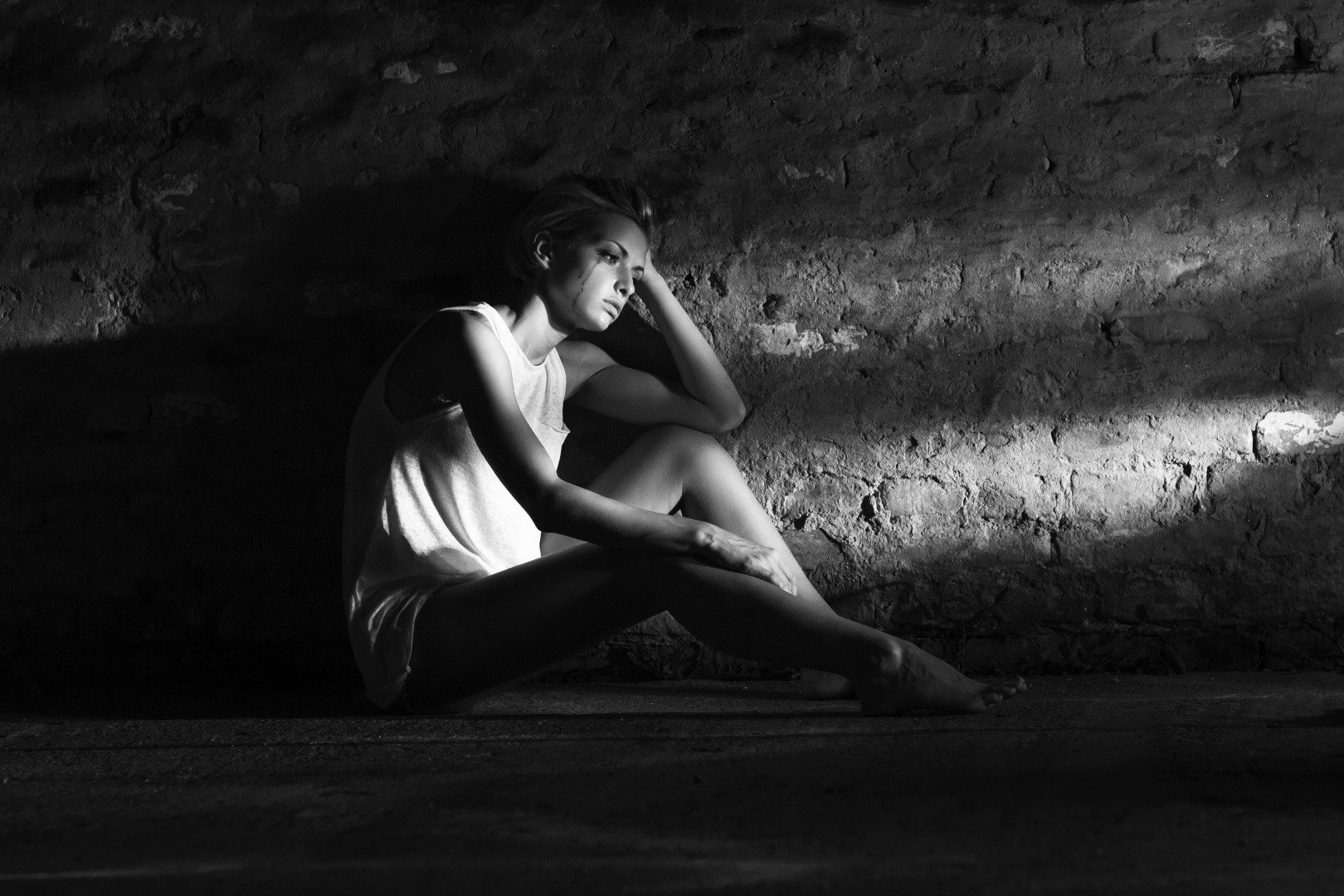
For anyone who has ever loved someone and lost them the greatest fear is that you will never be with them again.
No matter how strong your religious or spiritual beliefs are this unconscious fear will exist somewhere in your heart or your soul.
It is a part of our "being" - no matter how deeply we try to surpress it or bury it.
In the poem we see the narrator try to rationally object to what the raven says by suggesting cirumstances in which it learned the word from it's owner.
He logically assumes that the raven is not referring to his own situation.
He "knows" it is not:
"Much I marvelled this ungainly fowl to hear discourse so plainly,"
"Though its answer little meaning—little relevancy bore;".....
....“Doubtless,” said I, “what it utters is its only stock and store
Caught from some unhappy master whom unmerciful Disaster
Followed fast and followed faster till his songs one burden bore—
Till the dirges of his Hope that melancholy burden bore
Of ‘Never—nevermore’.”

Despite this he is a "prisoner" of his own obsession.
Even though the raven doesn't necessarily understand what it is saying the narrator eventually gives in to framing it in the way that his deepest fears suggest:
The raven is telling him that he will never see his love again.
This is not a fear in the sense of "shock" or "horror". This is a fear of permanent loss.
The idea that we may never see them again is perhaps one of the most painful thoughts we could have.
It is painful in a deep existential sense and the narrator is trying (unsuccessfully) to surpress that fear.
This central theme is what I believe helps to make this poem so powerful and profound.
Poe understood this very well - his own wife died a slow agonising death from tuberculosis and he lived at a time when this was very common.

The raven is not so much an animal as an embodiment of the thought which we cannot resist.
It is the obssession that we try to force into our own unconscious mind which keeps burrowing its' way back to the surface.
Of course anyone could make an essay that discusses these subjects but Poe's masterful use of the poetic word gives it an even greater strength.
The use of rhyme and aliteration creates a powerful concoction which I failed to realise the potency of when I first heard it.
The rhythm of the poem drills the message into our senses in a manner that straight prose could not.
The words and their sounds create a sumptous texture for the ears which helps the meaning burrow deeply into our mind.
Some quick definitions before I present the poem
- Balm of Gilead is a magical "cure-all" elixir that is mentioned in the Bible.
- Aidenn is Eden (as in Garden of Eden).
- Surcease means to stop or end.
- Censer is a container for burning fragrances such as incense.
- Nepenthe is a drug of forgetfulness in Greek mythology.
Now onto the actual poem. I hope you enjoy it:
"The Raven" by Edgar Allen Poe
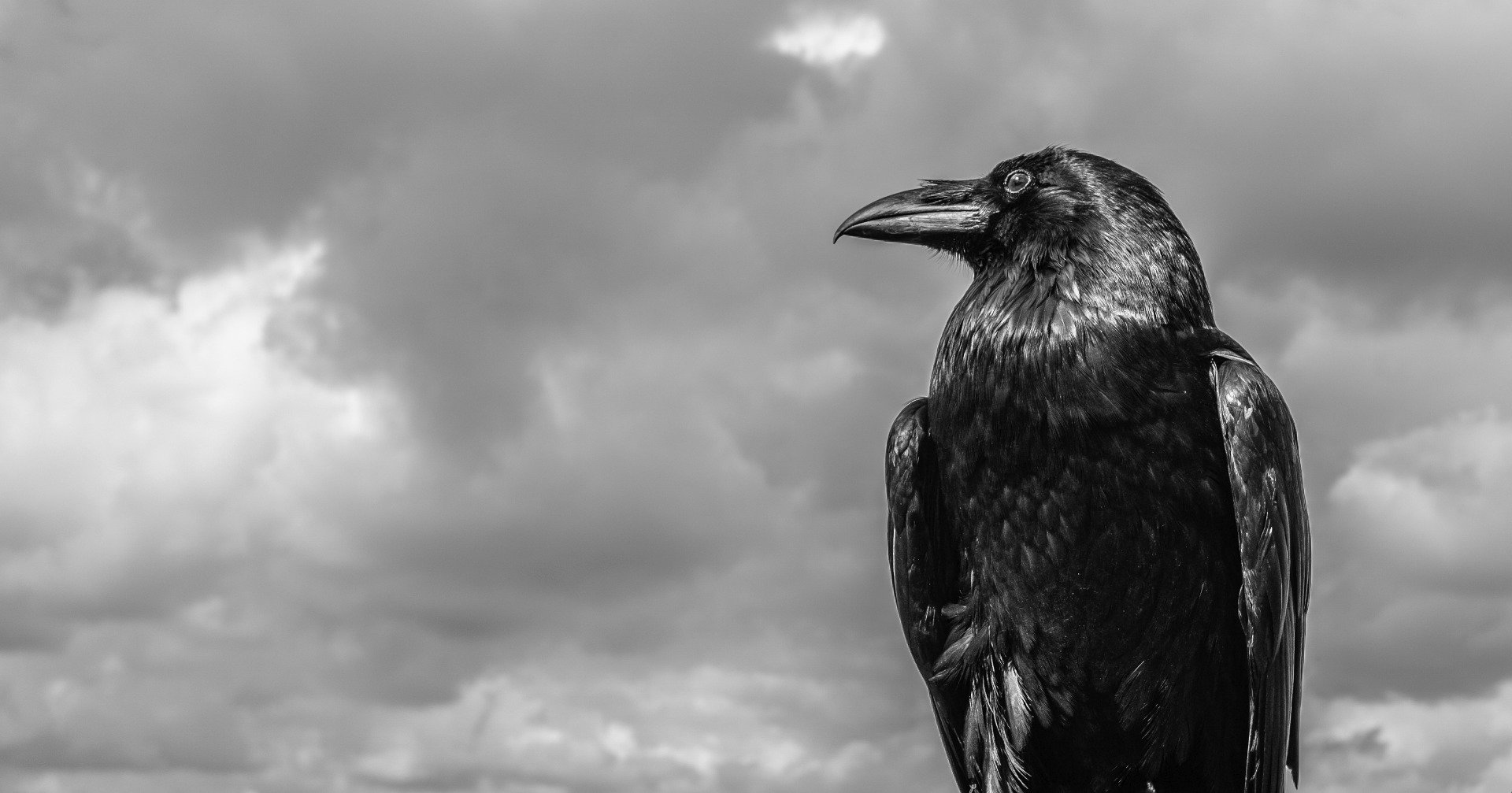
Once upon a midnight dreary, while I pondered, weak and weary,
Over many a quaint and curious volume of forgotten lore—
While I nodded, nearly napping, suddenly there came a tapping,
As of some one gently rapping, rapping at my chamber door.
“’Tis some visitor,” I muttered, “tapping at my chamber door—
Only this and nothing more.”
Ah, distinctly I remember it was in the bleak December;
And each separate dying ember wrought its ghost upon the floor.
Eagerly I wished the morrow;—vainly I had sought to borrow
From my books surcease of sorrow—sorrow for the lost Lenore—
For the rare and radiant maiden whom the angels name Lenore—
Nameless here for evermore.

And the silken, sad, uncertain rustling of each purple curtain
Thrilled me—filled me with fantastic terrors never felt before;
So that now, to still the beating of my heart, I stood repeating
“’Tis some visitor entreating entrance at my chamber door—
Some late visitor entreating entrance at my chamber door;—
This it is and nothing more.”
Presently my soul grew stronger; hesitating then no longer,
“Sir,” said I, “or Madam, truly your forgiveness I implore;
But the fact is I was napping, and so gently you came rapping,
And so faintly you came tapping, tapping at my chamber door,
That I scarce was sure I heard you”—here I opened wide the door;—
Darkness there and nothing more.
Deep into that darkness peering, long I stood there wondering, fearing,
Doubting, dreaming dreams no mortal ever dared to dream before;
But the silence was unbroken, and the stillness gave no token,
And the only word there spoken was the whispered word, “Lenore?”
This I whispered, and an echo murmured back the word, “Lenore!”—
Merely this and nothing more.
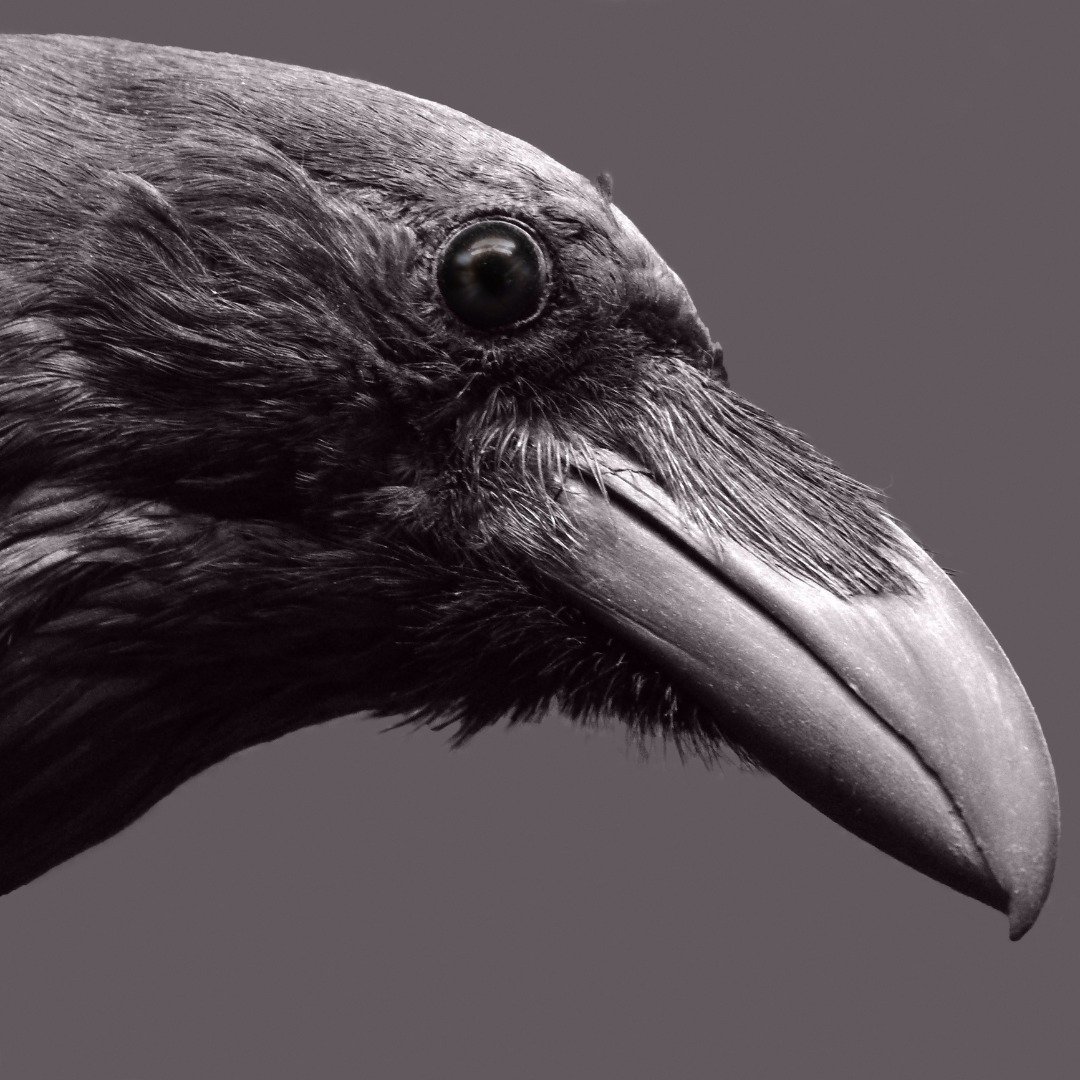
Back into the chamber turning, all my soul within me burning,
Soon again I heard a tapping somewhat louder than before.
“Surely,” said I, “surely that is something at my window lattice;
Let me see, then, what thereat is, and this mystery explore—
Let my heart be still a moment and this mystery explore;—
’Tis the wind and nothing more!”
Open here I flung the shutter, when, with many a flirt and flutter,
In there stepped a stately Raven of the saintly days of yore;
Not the least obeisance made he; not a minute stopped or stayed he;
But, with mien of lord or lady, perched above my chamber door—
Perched upon a bust of Pallas just above my chamber door—
Perched, and sat, and nothing more.
Then this ebony bird beguiling my sad fancy into smiling,
By the grave and stern decorum of the countenance it wore,
“Though thy crest be shorn and shaven, thou,” I said, “art sure no craven,
Ghastly grim and ancient Raven wandering from the Nightly shore—
Tell me what thy lordly name is on the Night’s Plutonian shore!”
Quoth the Raven “Nevermore.”

Much I marvelled this ungainly fowl to hear discourse so plainly,
Though its answer little meaning—little relevancy bore;
For we cannot help agreeing that no living human being
Ever yet was blessed with seeing bird above his chamber door—
Bird or beast upon the sculptured bust above his chamber door,
With such name as “Nevermore.”
But the Raven, sitting lonely on the placid bust, spoke only
That one word, as if his soul in that one word he did outpour.
Nothing farther then he uttered—not a feather then he fluttered—
Till I scarcely more than muttered “Other friends have flown before—
On the morrow he will leave me, as my Hopes have flown before.”
Then the bird said “Nevermore.”
Startled at the stillness broken by reply so aptly spoken,
“Doubtless,” said I, “what it utters is its only stock and store
Caught from some unhappy master whom unmerciful Disaster
Followed fast and followed faster till his songs one burden bore—
Till the dirges of his Hope that melancholy burden bore
Of ‘Never—nevermore’.”
But the Raven still beguiling all my fancy into smiling,
Straight I wheeled a cushioned seat in front of bird, and bust and door;
Then, upon the velvet sinking, I betook myself to linking
Fancy unto fancy, thinking what this ominous bird of yore—
What this grim, ungainly, ghastly, gaunt, and ominous bird of yore
Meant in croaking “Nevermore.”
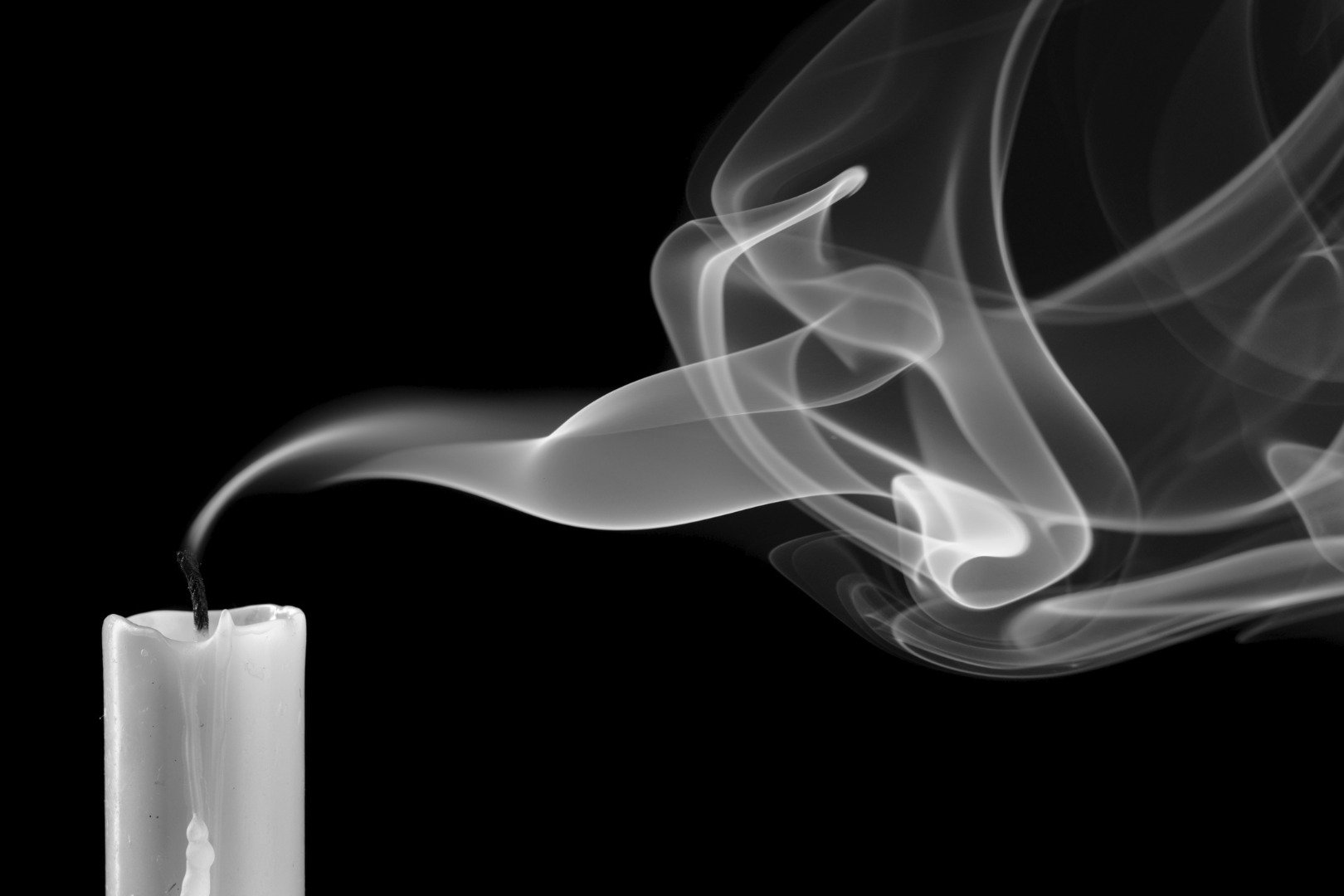
This I sat engaged in guessing, but no syllable expressing
To the fowl whose fiery eyes now burned into my bosom’s core;
This and more I sat divining, with my head at ease reclining
On the cushion’s velvet lining that the lamp-light gloated o’er,
But whose velvet-violet lining with the lamp-light gloating o’er,
She shall press, ah, nevermore!
Then, methought, the air grew denser, perfumed from an unseen censer
Swung by Seraphim whose foot-falls tinkled on the tufted floor.
“Wretch,” I cried, “thy God hath lent thee—by these angels he hath sent thee
Respite—respite and nepenthe from thy memories of Lenore;
Quaff, oh quaff this kind nepenthe and forget this lost Lenore!”
Quoth the Raven “Nevermore.”
“Prophet!” said I, “thing of evil!—prophet still, if bird or devil!—
Whether Tempter sent, or whether tempest tossed thee here ashore,
Desolate yet all undaunted, on this desert land enchanted—
On this home by Horror haunted—tell me truly, I implore—
Is there—is there balm in Gilead?—tell me—tell me, I implore!”
Quoth the Raven “Nevermore.”
“Prophet!” said I, “thing of evil!—prophet still, if bird or devil!
By that Heaven that bends above us—by that God we both adore—
Tell this soul with sorrow laden if, within the distant Aidenn,
It shall clasp a sainted maiden whom the angels name Lenore—
Clasp a rare and radiant maiden whom the angels name Lenore.”
Quoth the Raven “Nevermore.”
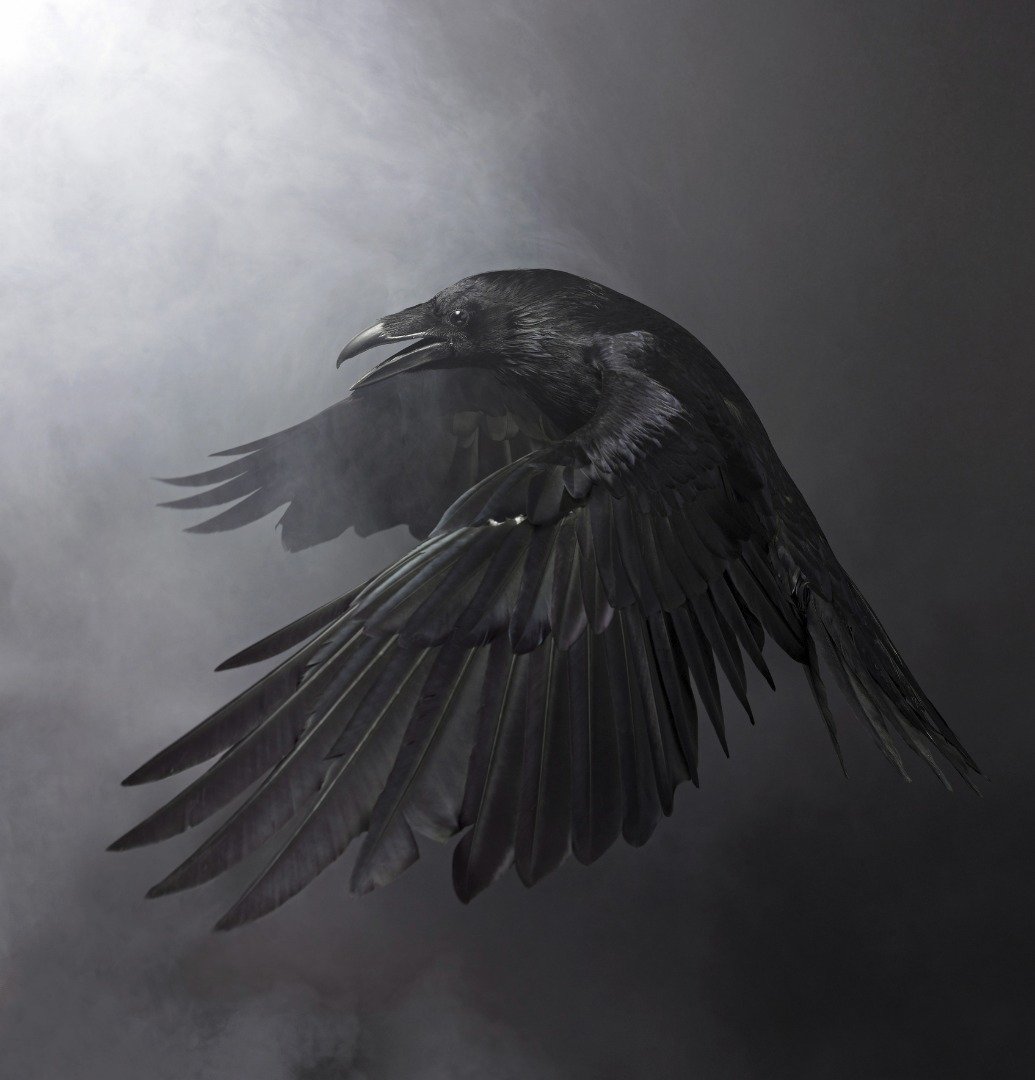
“Be that word our sign of parting, bird or fiend!” I shrieked, upstarting—
“Get thee back into the tempest and the Night’s Plutonian shore!
Leave no black plume as a token of that lie thy soul hath spoken!
Leave my loneliness unbroken!—quit the bust above my door!
Take thy beak from out my heart, and take thy form from off my door!”
Quoth the Raven “Nevermore.”
And the Raven, never flitting, still is sitting, still is sitting
On the pallid bust of Pallas just above my chamber door;
And his eyes have all the seeming of a demon’s that is dreaming,
And the lamp-light o’er him streaming throws his shadow on the floor;
And my soul from out that shadow that lies floating on the floor
Shall be lifted—nevermore!
Source: Poetry Foundation
Thank you for reading.

If you like my work please follow me and check out my blog - @thecryptofiend
All uncredited photos are taken from my personal Thinkstock Photography account. More information can be provided on request.
Are you new to Steemit and Looking for Answers? - Try https://www.steemithelp.net.

